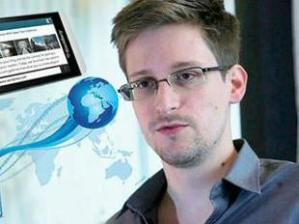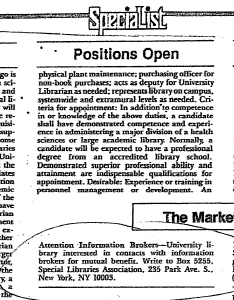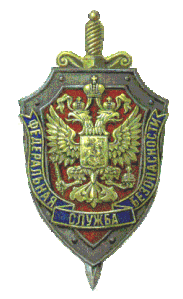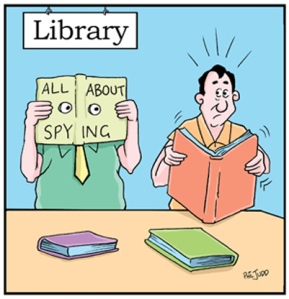 It took me a long time to come to a decision about NSA leaker Edward Snowden. First of all, because I was too busy doing other things to research the issue, and also because there’s not a lot out there right now to research. I agree that he did terrible damage to our country. But what puzzled me from the beginning was: why did he do it? Whistle-blower or traitor?
It took me a long time to come to a decision about NSA leaker Edward Snowden. First of all, because I was too busy doing other things to research the issue, and also because there’s not a lot out there right now to research. I agree that he did terrible damage to our country. But what puzzled me from the beginning was: why did he do it? Whistle-blower or traitor?
And then I remembered some the research I did in writing ROOFMAN. In his memoirs, former CIA officer Harry Rositzke writes about why Eastern European intelligence officers defected to the West during the Cold War:
“In the black-and-white days of the Cold War it is easy to see such men opting with their feet for ‘freedom.’ They were allegedly men who changed sides out of principle, who saw our side as the ‘good guys.’ ”
Rositzke then airbrushes some reality onto this cartoon-like view: “(We deceive) ourselves to see them as heroic fighters for freedom, recurrent testimonials to the rightness of our cause.” (Rositzke, Harry, The KGB: the Eyes of Russia, Doubleday, c1981, p250-251).
Rositzke added that when CIA set up boards and committees to look into patterns of personality and background in those men that might be exploited to encourage more defectors, they found nothing. The Agency concluded that there had been no strictly ideological defectors, only individual intelligence officers who defected for personal reasons. (Roofman: A True Story of Cold War Espionage, Roofman the Spy Publishing, c2011, p31)
What Rositzke wrote back then has convinced me now that Snowden did what he did, not for ideological reasons, but for personal reasons. He is no whistle-blower. Whatever those reasons are, someone will eventually find out.
![Frederick Humphries II - Shirtless FBI_thumb[1]](https://roofmanthespy.files.wordpress.com/2012/11/frederick-humphries-ii-shirtless-fbi_thumb1.jpg?w=300&h=179)






